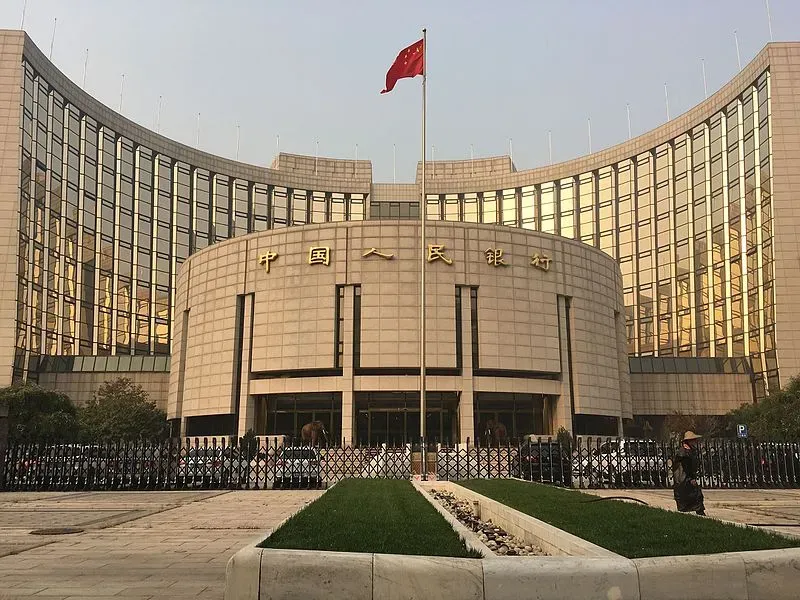China passes world’s first crypto-law that will come into effect in 2020 according to a report by Cointelegraph. The law puts in place regulatory frameworks for cryptography. It does not directly pass any legislation on cryptocurrency. However, the considerations will lay the groundwork for the future cryptocurrency regulations in the country.
The Standing Committee of the 13th National People’s Congress in China has passed a new law regulating cryptography on Oct. 26 that will take effect on Jan. 1, 2020, reports local news outlet CCTV.
According to the report, the new regulatory framework aims to set standards for the application of cryptography and the management of passwords. The new regulatory framework establishes the role of a central cryptographic agency meant to lead public cryptographic work, creating guidelines and policies for the industry.
Implicit cryptocurrency regulation
The draft was submitted in may 2019 and deals primarily with cryptography and passwords. It recommends a central cryptography authority to set industry standards that make the use and application of cryptography simpler. This was done to bolster the cybersecurity efforts of the country.
Wan explained:
“The key take away is — the developing of new cryptography, hashing algo, even the usage of the tech, will be in the official legal realm. This means you need to follow the CCP standard for all ‘encrypted’ behaviors, which can be VERY broad, from mining to block propagation.”
Preparing for China’s national crypto
She concluded that the law is building the foundation for the upcoming Chinese national cryptocurrency, though there is no official timetable for its launch, one Chinese official confirmed in September.
As Cointelegraph reported yesterday, China’s President Xi Jinping has called for the country to accelerate its adoption of blockchain technologies.
Meanwhile, this past week, Facebook’s Mark Zuckerberg warned that Chinese superiority in the digital currency space could put the U.S. dollar at risk in an attempt to sell lawmakers his plans for the Libra stablecoin.
“China is moving quickly to launch a similar idea in the coming months. We can’t sit here and assume that because America is today the leader that it will always get to be the leader if we don’t innovate,” he argued in an official statement.
The New Digital Currency
China claims that their new digital currency is ready for mass adoption. The currency is a blockchain-based virtual currency. China passes world’s first ‘crypto-law’ bringing this closer to reality.
The People’s Bank of China (PBoC) has recently announced that its digital currency “can now be said to be ready.” This has been in research for the past 5 years according to the central bank.
According to PBoC deputy director Mu Changchun, a prototype that adopts blockchain architecture has been successfully developed after five years of research. This was reported by cointelegraph
The announcement by Mr. Changchun was made at the China Finance 40 Forum. The local news site Shanghai Securities News reported on the event held on August 10th.
Not a simple blockchain
The problem with implementing a blockchain cryptocurrency in China is the low transactions per second. The Chinese economy deals in high volumes and therefore requires a higher concurrency performance. Basically, it has to be able to compute multiple transactions at the same time. This can be problematic with a simple blockchain. Bitcoin has a 7 transaction per second rate that became unusable somewhere in 2013.
Not a simple blockchain
The problem with implementing a blockchain cryptocurrency in China is the low transactions per second. The Chinese economy deals in high volumes and therefore requires a higher concurrency performance. Basically, it has to be able to compute multiple transactions at the same time. This can be problematic with a simple blockchain. Bitcoin has a 7 transaction per second rate that became unusable somewhere in 2013.



